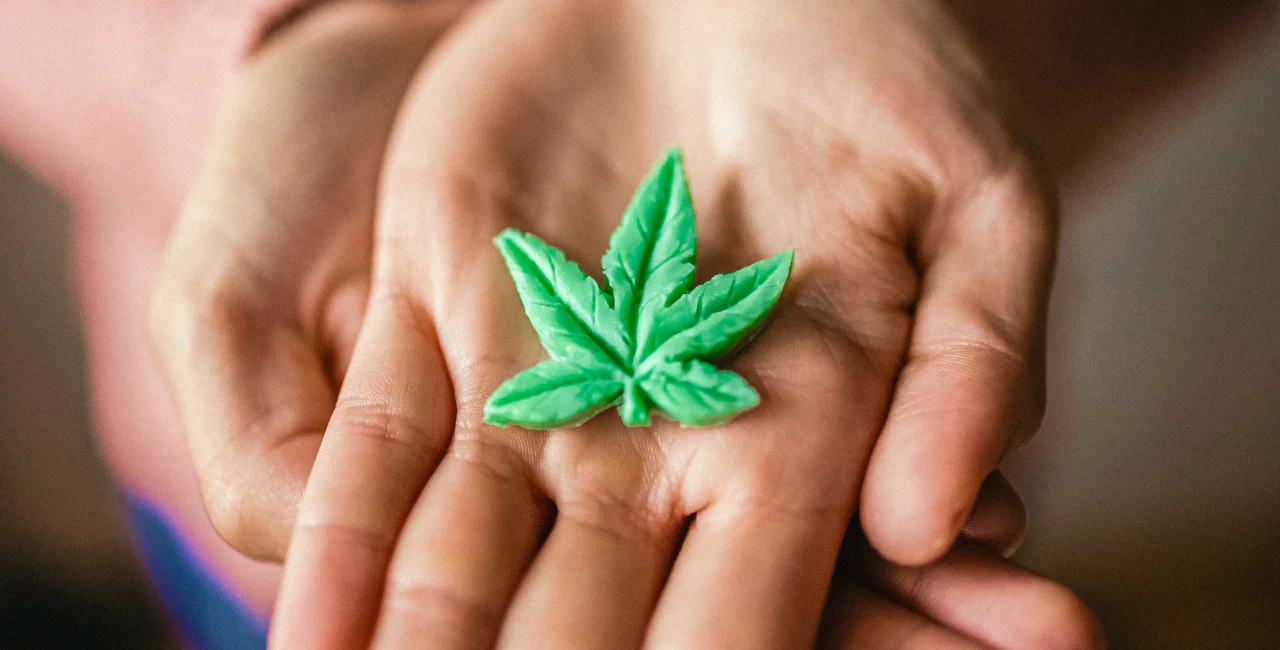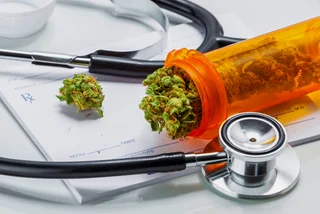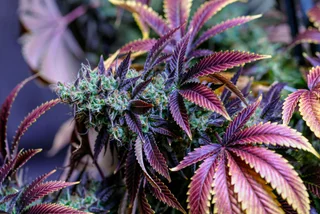Czechia is set to introduce regulated sales of kratom and cannabis with up to 1 percent THC starting in July 2025.
This development follows the implementation of the Psychomodulatory Substances Act earlier this year, which establishes a new legal framework for regulating certain psychoactive substances.
The move, however, does not legalize the recreational use of cannabis with higher THC levels, which remains prohibited. Here’s a breakdown of the new regulations, how they will work, and how they compare to laws in other countries.
What substances are being regulated?
The regulation focuses on substances deemed to pose low public health and social risks based on current scientific evidence. These include Kratom and kratom extracts, known for their stimulant and pain-relieving effects; cannabis with up to 1 percent THC, a low-potency form of cannabis with minimal psychoactive effects. Cannabis extracts and tinctures with up to 1 percent THC are also included.
The cannabinoid HHC (hexahydrocannabinol) and its derivatives, previously banned, are under review but are not included in the list of substances eligible for sale.
Low-cannabis THC can be consumed in dried flowers used for smoking or vaping, oils and tinctures, edibles like gummies or chocolates, and topical creams. Low-THC cannabis is often marketed for its therapeutic potential for stress reduction and pain relief rather than recreational use or intoxication.
How will regulation work?
The new rules include stringent conditions for the sale of these substances, which can only be sold in dedicated stores with age restrictions, barring children from entering. Automated sales, such as vending machines, are explicitly prohibited, while online sellers must also operate physical storefronts.
All retailers must verify the quality of the products and provide detailed information on the composition and recommended dosages to buyers.
How are substances regulated?
The regulation of psychoactive substances in the Czech Republic is governed by the Psychomodulatory Substances Act, which categorizes substances into three distinct lists.
- The first category, Prohibited Addictive Substances, includes substances that are banned outright due to their high risk to public health and potential for abuse, such as heroin or methamphetamine.
- The second category, Substances Under Review, encompasses new psychoactive substances with effects that are not yet fully understood. These substances are studied for up to two years to determine their risks and potential uses. For example, recently emerging cannabinoids like HHC (hexahydrocannabinol) and its derivatives have been placed under review.
- The third category, Psychomodulatory Substances, includes low-risk substances deemed safe for regulated sale under strict conditions. Examples include kratom, a plant-based product often used for relaxation, and low-THC cannabis (containing 1 percent THC or less), which is being proposed for sale in specialized stores.
Country comparison
Regulations for low-THC cannabis and kratom vary worldwide. Germany allows medical cannabis but bans kratom, while Switzerland permits cannabis with up to 1 percent THC, similar to Czech plans. The Netherlands tolerates cannabis in coffee shops but restricts kratom. In the U.S., recreational cannabis is legal in some states, though kratom faces state-level bans. Thailand recently decriminalized kratom and allows low-THC cannabis sales.
The Ministry of Health collaborates with the State Institute of Public Health to evaluate and classify these substances. Additionally, the European Commission is currently reviewing the Czech Republic’s accompanying regulations, which are anticipated to be finalized by mid-2025, paving the way for a structured and transparent regulatory framework.
Still not legalization, but a step forward
Czechia’s move to regulate low-THC cannabis is not exactly the same as full legalization, but it is a step toward broader acceptance and regulation of cannabis use. The new legislation focuses on products like hemp-derived CBD products, which can be sold and used more easily. The recreational use of cannabis with higher THC levels remains prohibited.
In essence, this regulation is a form of decriminalization for low-THC cannabis. Still, it stops short of full legalization, which would involve a broader framework for adult recreational use and sales.
Czechia’s move could be seen as part of a growing trend in Europe, where countries are exploring more relaxed cannabis policies, but the full legalization of cannabis is still not in place.












 Reading time: 3 minutes
Reading time: 3 minutes 


























